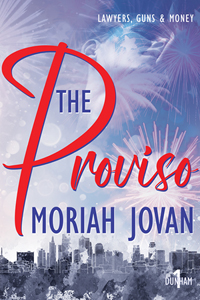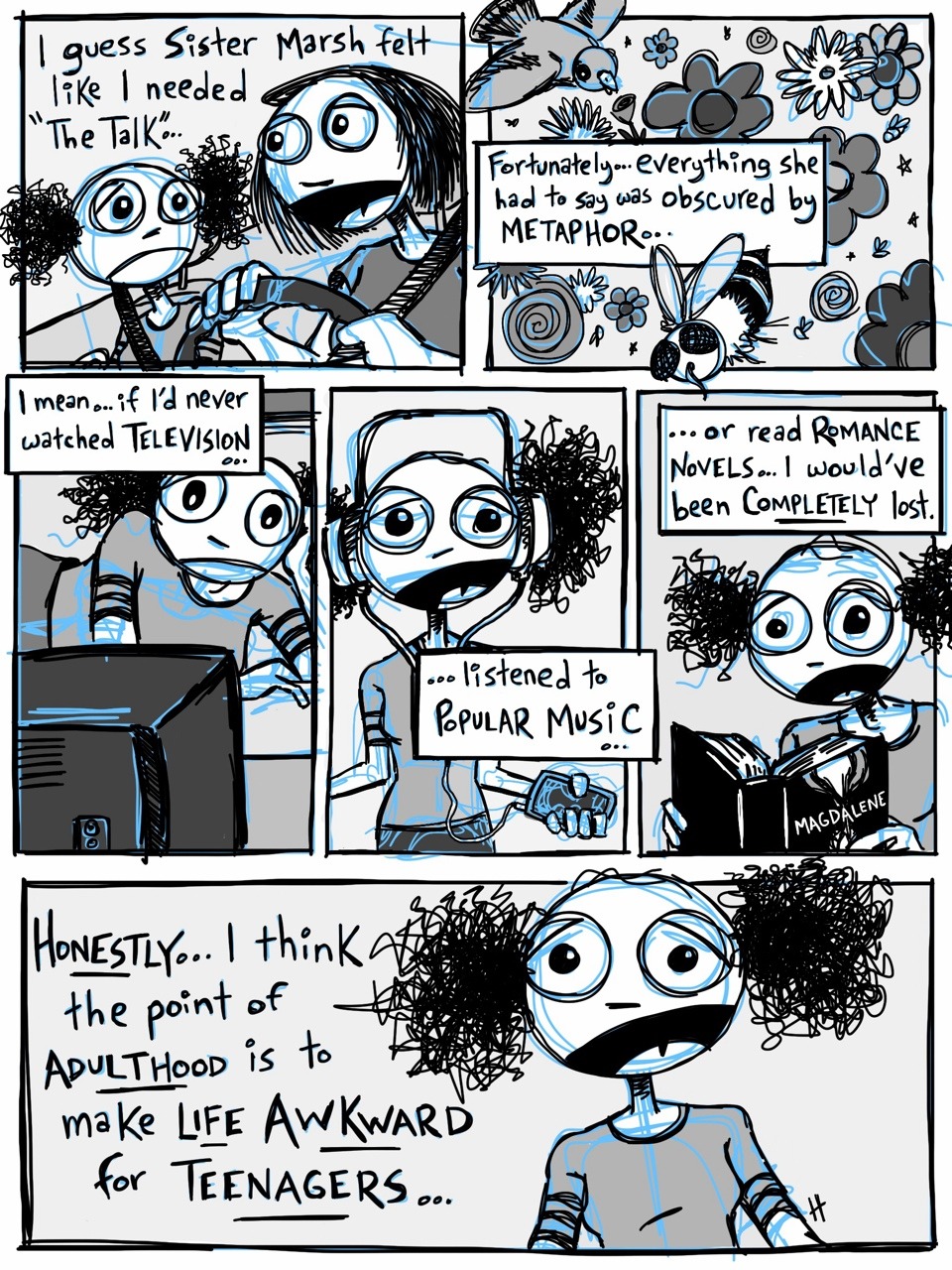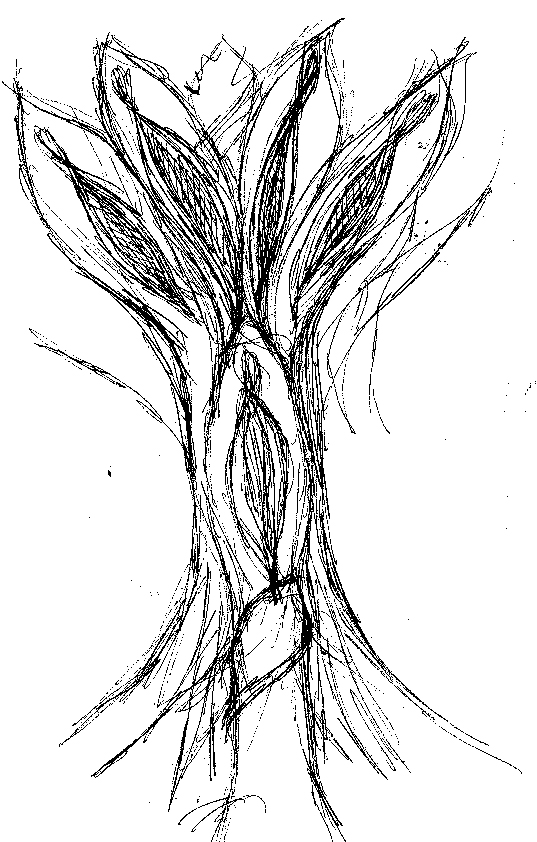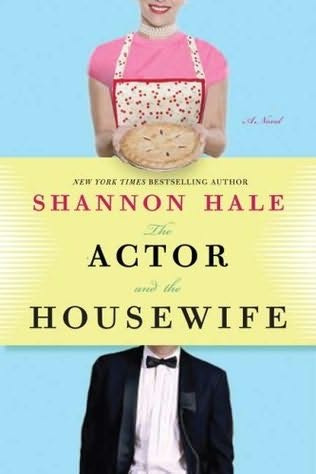I’ve taken a lot of heat the last couple of months because I dared to say that the bodice ripper romance was a product of its time and thus needed to be considered for the time in which it was written. Is the forced seduction PC? No, and never was. It was a fantasy, a fantasy that, if the contemporary nonfiction literature at the time is to be believed (both anecdotal and academic), was common. Considering the number of those written and sold, I’d say it was a pretty popular one, all dressed up in period clothing and the mores that clothing represented.
Also lately, around the romance blogs, historical and contemporary romance/erotic romance with bodice-ripper elements have been ridiculed, maybe rightly, maybe not. But in a romance reading public that’s taking to male/male romance and BDSM romance, this abhorrence of the longest-running sexual fantasy in romance is bewildering to me. Women have their fantasies. Some of them involve the forced seduction. Is it PC? Absolutely not. Is it valid? Yes.
Genre romance has always thrived on the power imbalance between the male and female, but this has its caveats, and the caveats make up the majority of the fantasy:
1. The heroine is always clearly superior to any male in her milieu except for the hero, who is the only male strong enough to conquer her.
2. The heroine is always isolated from female companionship for many reasons, one of which is that she is superior to all other females and thus, the object of female derision/jealousy. If there is a female, she takes on a mentor/sister/mother/fairy godmother persona.
3. She’s already attracted to him and he gets her off.
4. The “asshole alpha”’s transformation into acceptable mate material depends on whether his eventual groveling is equivalent to his previous assholishness.
5. He better damn well grovel and do it right.
6. At the end of the book, the reader knows that while the heroine can go on and live without the hero, the hero cannot live without the heroine. He always winds up more dependent on the heroine’s love and presence than she is on his, turning the power imbalance 180 degrees.
7. It’s all about the groveling.
Other than the innumerable authors who write the six Harlequin Presents novels every month, I can’t really name any contemporary romance authors who write the “asshole alpha” except, perhaps Susan Elizabeth Phillips, and boy does she write good groveling, viz. Kiss an Angel, which is one of only five romances on my DIK list (and the only contemporary).
Lately, Anna Campbell and others have come back with the bodice ripper, but again, they write historical and I don’t think it does anybody any good to pretend that some of these characters are a century or two more enlightened than the people around them at the time.
The power imbalances in my own book have been pointed out to me with startling clarity, and I’ve been chewing on this for days, not because I disagree in the case of Knox and Justice (an homage to the Harlequin Presents line of books I cut my teeth on and my best crack at writing an anti-hero), but because I do disagree in the cases of Giselle and Bryce, and Sebastian and Eilis. I’m not going to go into why because that entails spoilers.
 What ultimately brings me to write this post, though, is because lately, despite my professed ambivalence (possibly distaste) for paranormal romance and urban fantasy, I’ve been reading a few books (that I liked!) that have led me to a conclusion:
What ultimately brings me to write this post, though, is because lately, despite my professed ambivalence (possibly distaste) for paranormal romance and urban fantasy, I’ve been reading a few books (that I liked!) that have led me to a conclusion:
The asshole alpha still lives and breathes, as assholish as he ever was. The bodice ripper hasn’t gone away. The forced seduction hasn’t lost its appeal.
It’s morphed.
Into demons, werebeasts, vampires, ghosts, ghouls, goblins, and things that go bump in the night. In many, many cases it’s further disguised as the (overused) “one true mate and nature has given us no choice” device.
Only now, because it’s dressed up in con clothes and otherworldly window decoration, it’s perfectly acceptable. Except … some of us don’t care for the window dressing.
I also made a statement a while back that a lot of Mormon authors write our basic tenets and philosophies and beliefs and religious history in science fiction and fantasy, where it’s almost or fully unrecognizable to non Mormons. I said that I thought it was cowardly. I was told by one author that his first instinct was to write science fiction/fantasy and that the incorporation of our doctrine, traditions, and culture was secondary. I believe that—for that author. I don’t believe it across the board.
Why does this happen? Perhaps because suddenly, one person’s fantasy/message is another person’s call to battle?
I don’t write that way. I can’t wrap the bodice ripper up in paranormal and urban fantasy paper and put a shibari bow on it because that doesn’t appeal to me, although the sex probably will. I can’t put a pretty dress on what is, to many readers, an ugly philosophy/belief system in science fiction and fantasy because that doesn’t appeal to me, although the philosophy will.
This is why I like erotica, because, by its very nature and reader expectations, it’s bald. It’s honest. It’s also why I did actually appreciate The Actor and the Housewife for one thing: It put our culture and beliefs and jargon out in the open honestly, naturally, with no apology or preaching.
I want it straight and I write it that way. I call it what it is because that appeals to me, the honesty of it, the setting of human-as-animal in a contemporary world where our baser wants and needs are not only taboo, but ignored as if they don’t exist. And likewise, where our spirituality/religious beliefs offend a whole lot of people, and short shrift is given to the struggle between the natural (human) man and the enlightened (human) one, who attempts to control himself and sometimes simply doesn’t.
I have no issue with control, losing it, struggling with it, conquering the natural man. After all, that’s why we’re here, right? To vanquish the natural man?
But I’m interested in the process.
And the groveling.
I don’t expect a non genre romance reader to get this, so the objections I’ve received have only made me think about the genre, think about why women read romance, the vast subgenres of romance, and why some women despise genre romance altogether.
Whatever universal truths are revealed in fiction, no matter how they’re portrayed, I don’t give a shit about vampires or demons trying to overcome their natures to be moral creatures because vampires and demons don’t exist.
I don’t give a shit about a being (possibly alien) who drives a spaceship for a living (or who has some fantastical adventure) who’s going through some vague spiritual struggle that Mormons can drill down to the most minute nuance, and might kinda look like Mormonism to anybody with a passing familiarity, because I can’t relate to that.
I can relate to asshole people whose feet are planted on earth, who don’t have regular contact with the boogeyman or aliens, who have no magic or fae blood, no superpowers, who strive and fall and fail and lose themselves in their baser natures, who want something better for themselves but may not know how to get it, who make bad choices and know it even while they’re doing it, who depend on other people or a religion or a deity or a philosophy to help “fix” them.
We all need fixed in one way or another, and there is always a power imbalance in a relationship. It shifts and it changes and it morphs and it takes time to level out as much as it’s ever going to. It’s a neverending process, and sometimes it seems like being on a hamster wheel.
How do I know this?
’Cause I’m an asshole and I strive and I fall and I fail and I lose myself in my baser nature, trying, always striving, for enlightenment. And because I need my husband to “fix” me, and I daresay he needs me to “fix” him, too.
And we both have to grovel.
But please, can we stop pretending the forced seduction romance, and the inherent power imbalance the male has over the female is gone? It’s not. It never will be. We like it too much, and, as a fantasy, it’s no less valid than the up-and-coming PC fantasies of male/male romance or BDSM romance in all its incarnations.
It’s just been driven into the closet.
 It’s been seventeen years since I first published The Proviso, and a very hard ten since I put out the second edition. I can’t stop fiddling with these characters and I can’t stop feeling like I’ve missed something that will make the story richer.
It’s been seventeen years since I first published The Proviso, and a very hard ten since I put out the second edition. I can’t stop fiddling with these characters and I can’t stop feeling like I’ve missed something that will make the story richer.






